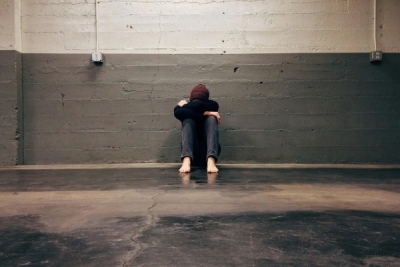The World Health Oorganization recognizes suicide as a public health problem. On other occasions, CISA has already addressed WHO recommendations for suicide prevention. Understanding the relationship between alcohol consumption and suicide is important to improve prevention policies. It is already well established that there is such a correlation, and a 2021 study reiterates that, around the world, the higher the rate of alcohol consumption per capita in a country, the higher the suicide rates (1). Despite this, many cultural issues still need to be unraveled.
A recent study (2), published in February 2022, sought to review existing researches addressing the relationship between alcohol abuse and alcohol-related harm (including suicide) in remote and rural communities in 49 countries around the world ( including the United States, India, Canada and South Africa). An interesting conclusion of the study points out that, according to most of the analyzed studies, there is a greater association between living in rural and remote areas and engaging in abusive consumption of alcohol and, consequently, greater risks of harm associated with alcohol use. In addition, the authors point out that the risks increased in severity over the time series analyzed, from 1990 to 2019, with suicides attributable to alcohol use – and even drinking and driving – becoming more prevalent over time.
In this sense, a 2021 study sought to systematically analyze research that seeks psychosocial interventions to reduce suicidal behavior in people with alcohol use disorders (3). The authors point out that the most promising interventions would be approaches based on Cognitive Behavioral Therapy (CBT), but emphasize the lack of additional studies in the area, and conclude that, until such studies are published, there is no scientific evidence that this type of intervention is effective in reducing suicide attempts in people with alcohol use disorders.
This challenging scenario makes the monitoring of these individuals even more essential by a multidisciplinary team in the health area. If you or someone you know is experiencing any of these problems, seek follow-up! On our “Find Help” page, we present a map of the Psychosocial Care Network present throughout Brazil. There you can find the closest help! If you have any questions, please contact us through our “Contact Us” form.











